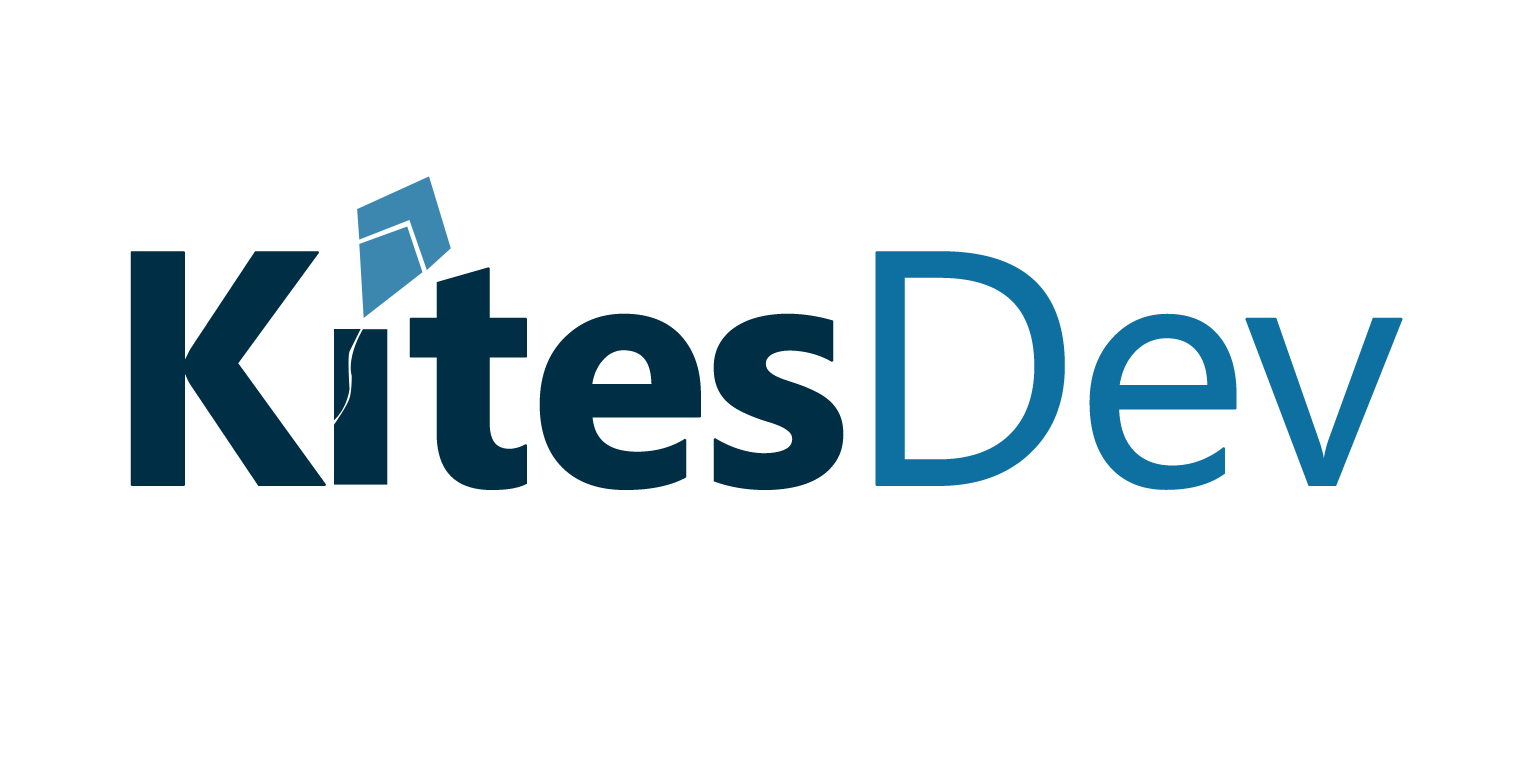How Artificial Intelligence is Transforming Science and Research
Artificial Intelligence (AI) is revolutionizing the way scientists and researchers conduct their work. From automating the collection of data to analyzing complex datasets, AI is transforming the way science and research is conducted. AI has the potential to revolutionize the way scientists and researchers work, enabling them to make faster, more accurate discoveries and decisions. In this article, we’ll explore some of the ways AI is transforming science and research.
Data Collection and Analysis
AI is helping researchers and scientists to collect and analyze data more efficiently than ever before. AI-powered tools allow scientists to collect and analyze data faster and more accurately than traditional methods. AI-powered algorithms can quickly identify patterns in large datasets and can help researchers to uncover insights that would have otherwise taken much longer to find. AI-powered tools can also automate much of the data collection and analysis process, freeing up scientists to focus on other tasks.
Predictive Analytics
AI is also being used to help researchers and scientists to make predictions about future trends and outcomes. AI-powered algorithms can identify patterns in data and can be used to make predictions about the future. This can be used to help researchers and scientists to make decisions about their experiments and research projects. AI can also be used to identify potential risks and opportunities in experiments and research projects, helping researchers to make informed decisions.
Robotics
Robotics is another area where AI is transforming science and research. AI-powered robots can be used to automate tedious and repetitive tasks, freeing up scientists to focus on more important tasks. AI-powered robots can also be used to explore dangerous and hard-to-reach places, enabling researchers to gain valuable insight into areas that would otherwise be inaccessible.
Conclusion
AI is transforming the way scientists and researchers conduct their work. From automating the collection of data to analyzing complex datasets, AI is revolutionizing the way science and research is conducted. By automating tedious and repetitive tasks and uncovering valuable insights, AI is helping researchers and scientists to make faster, more accurate discoveries and decisions.




